Market Analysis
In-depth Analysis of Smart Labels Market Industry Landscape
Growing demand for innovative labeling solutions across various industries is fueling dynamic growth within the Smart Labels sector. These labels incorporate the latest technologies, such as RFID (Radio-Frequency Identification) tags and NFC (Near Field Communication), making them highly different from traditional labeling methods. Enhanced supply chain efficiency is one of the major factors driving the growth of the Smart Labels market. Many businesses have been using smart labels to improve their inventory management, minimize errors in logistics, and track products in real-time. The incorporation of RFID and NFC technologies allows for continuous monitoring and control over goods across the entire supply chain, thus enhancing operational efficiency. Additionally, awareness and adoption of smart labels are increasingly becoming important aspects of retail dynamics. They allow for an interactive experience between retailers and consumers. Another industry sector that hugely contributes to development within Smart Labels is healthcare. In pharmaceuticals as well as healthcare, smart labels play an important role by ensuring that drugs and medical devices are authentic and traceable. RFID-enabled labels help track a pharmaceutical product from manufacturing through distribution to the end-user. Furthermore, environmental sustainability is another key driver for the rise of smart label adoption. In order to reduce their ecological footprints, these companies can use smart labels instead of conventional ones because they offer environment-friendly options for this purpose. Being able to update information electronically reduces paper usage, hence reducing waste in line with what other industries are also trying to achieve under sustainable practices requirements. The market dynamics of smart labels are also affected by the competitive landscape. Technological advancements and competitive pricing have been made possible by a growing number of industry players. However, the initial cost of implementing such solutions, as well as concerns about data security and privacy, could limit growth potential. Population explosion and increase in urbanization have led to the emergence of industries dealing with food and health, among others. Consequently, packaging and printing will drive demand for smart labels. Moreover, there is an increase in disposable income, which the high usage of smartphone applications has boosted; hence, customers can easily get product information online. This necessitates that packaging must be intelligent enough to ensure a customer interface that will enable the smart label industry to take advantage of the driven demand. Additionally, there has been 44% growth in e-commerce, supporting further development of the smart labels market.


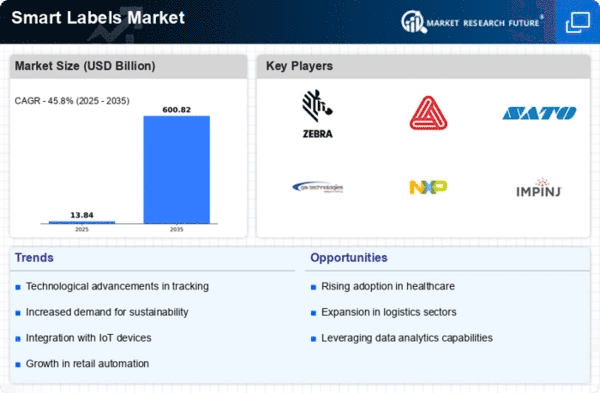
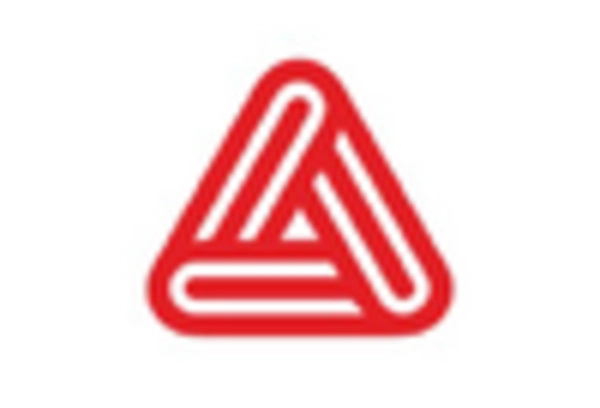
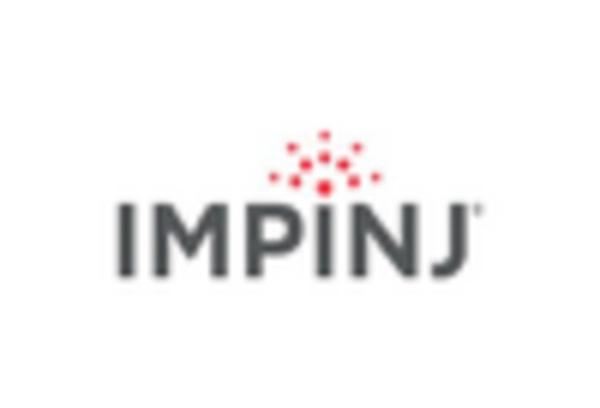
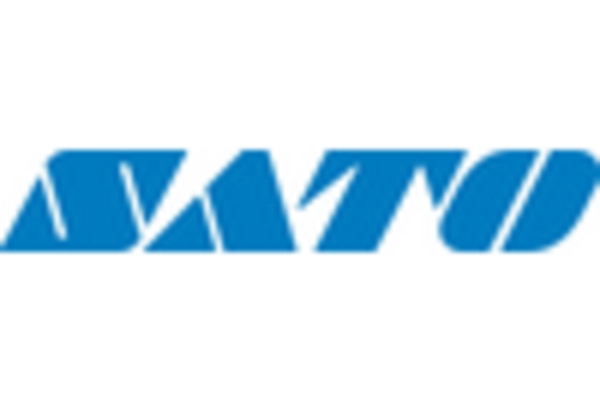
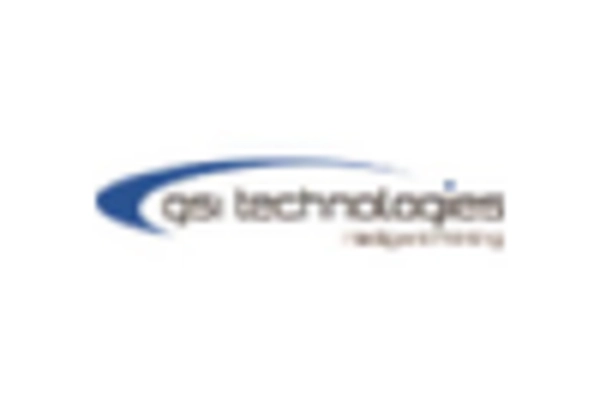










Leave a Comment